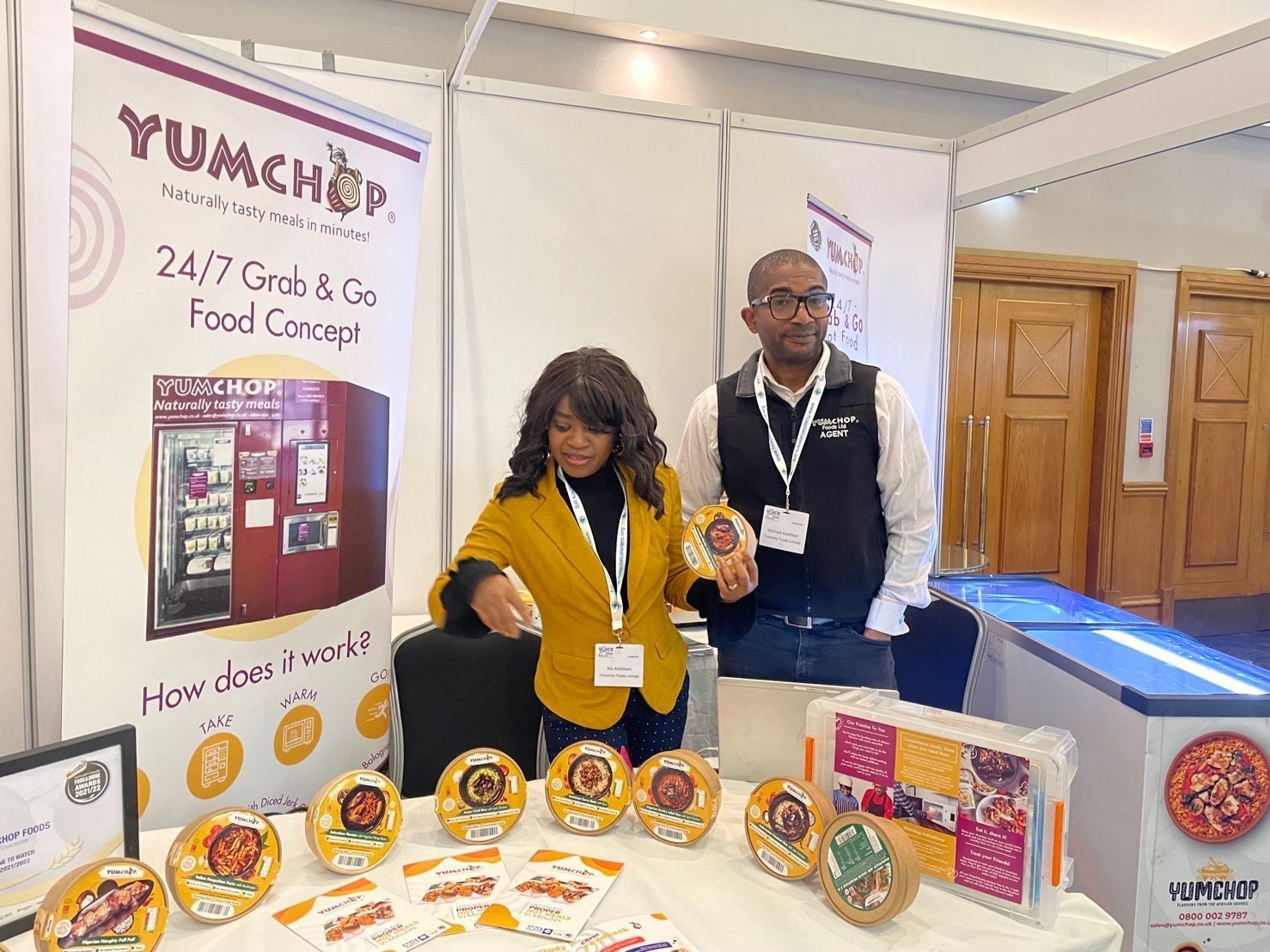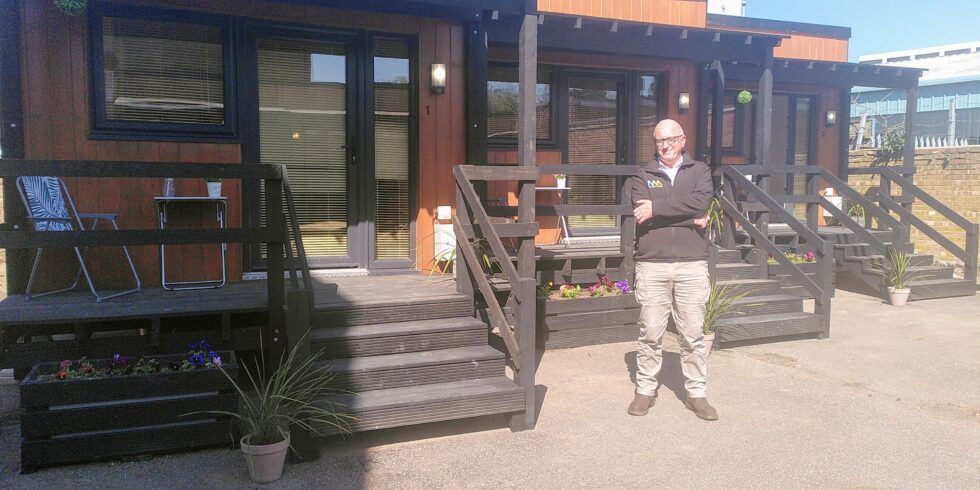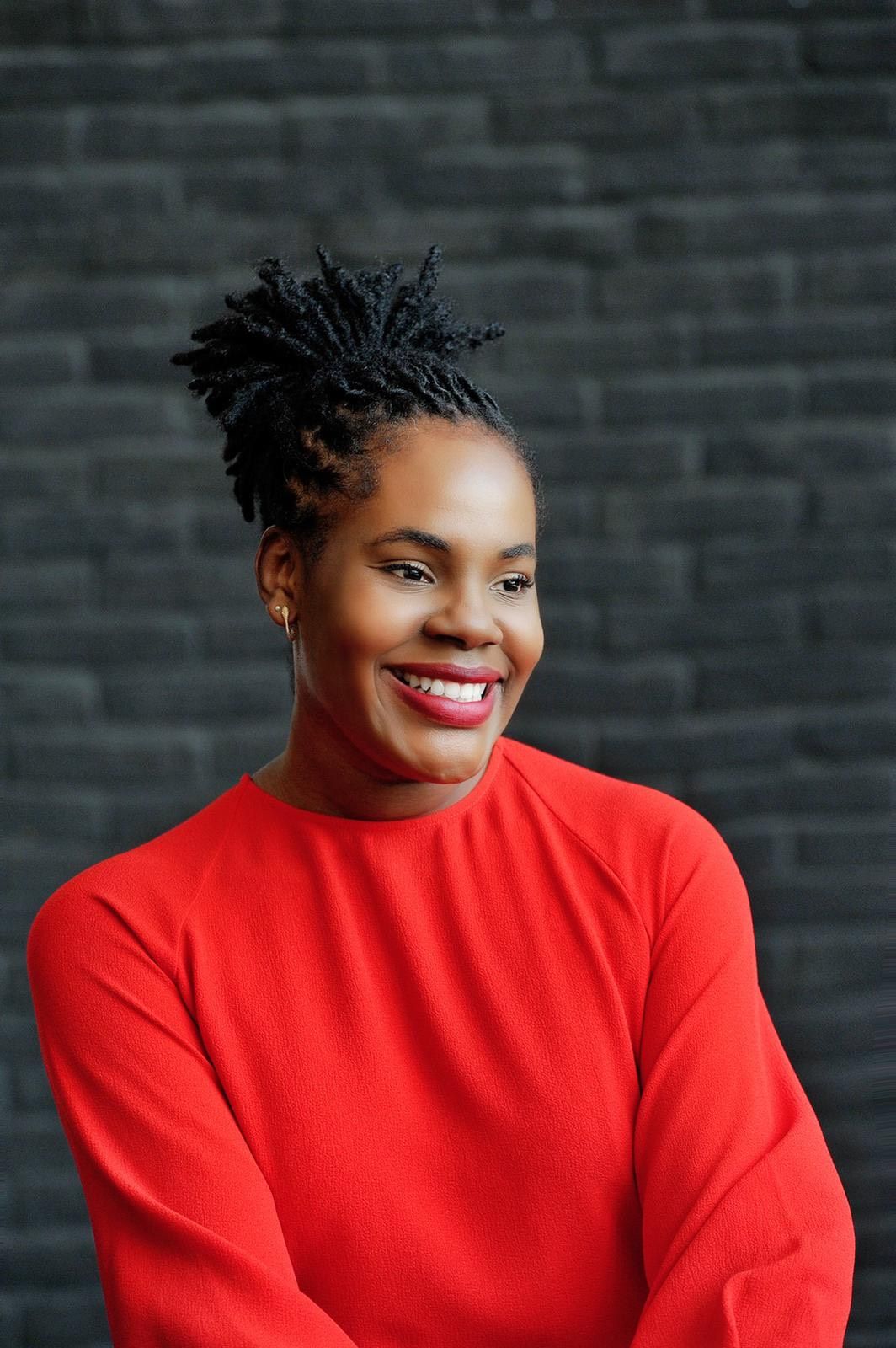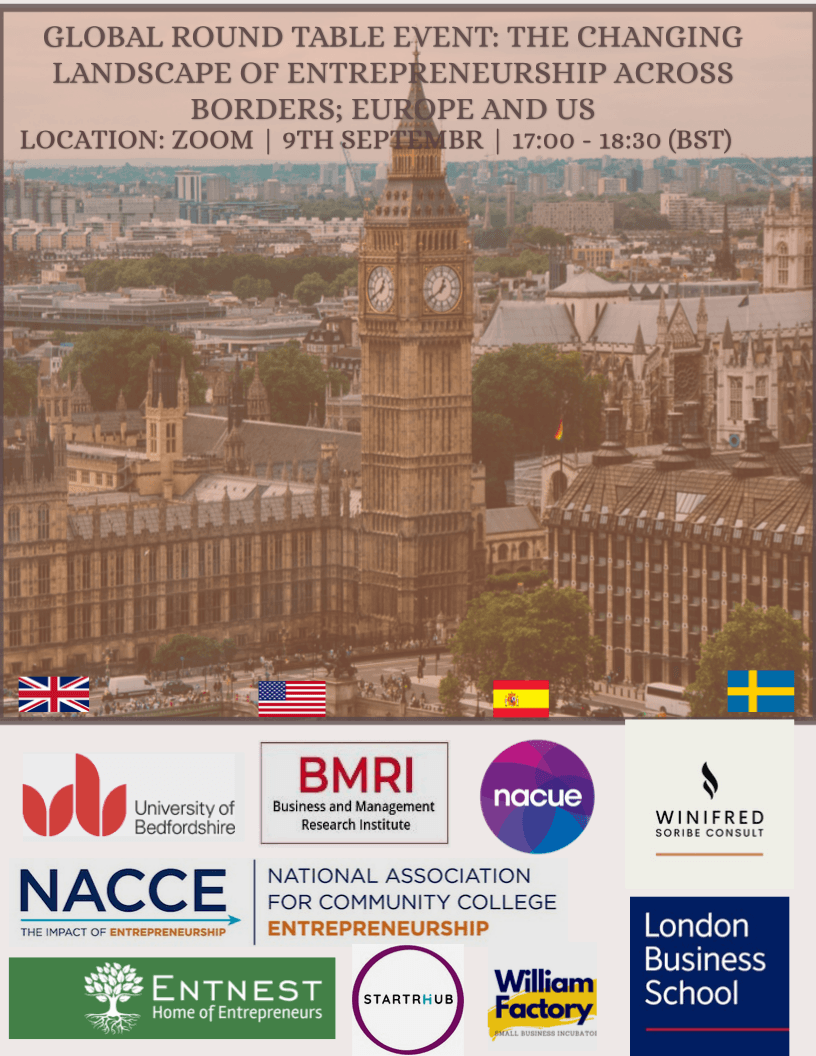Demystifying Entrepreneurship

A policy brief which highlighted barriers faced by entrepreneurs from historically under-financed backgrounds and provided some recommendation was written by Winifred Soribe . On the 30 th of March, we all tuned in to hear from key entrepreneurial finance stakeholders during a roundtable discussion focusing on the policy brief, replay can be found here . Our expert panellists represented notable financial institutions comprising of Jenny Choi – Special Counsel, Office of the Advocate for Small Business Capital Formation at the Securities and Exchange Commission, Dennis Joyce - Director of Investments for Tacoma Venture Fund, Julia Terlinchamp - Director of Strategic Initiatives and Small Business Grants/ Director of Agricultural Innovation at the Washington State Department of Commerce, Jenefeness Tucker - Vice President of Community Relations and Public Affairs at Seattle Credit Union, Kerrie T. Hurd - Director of the U.S. Small Business Administration in the Seattle District Office and Lisa Smith – Executive Director of Washington State Microenterprise Association. The discussion was kicked off by Jenefeness Tucker from Seattle Credit Union who emphasised the “adverse to risk” nature of banks and why they required proof in the form of collateral, mid to high credit scores and high interest rates before borrowing you money. She highlighted the importance of reflection before taking debt finance by asking yourself “Do I really need the money? I know a lot of entrepreneurs that have taken out debt and when the business isn’t going as planned, they walk out, but guess what the debt walks right with them”. Kerrie T. Hurd from the SBA advocated for preparedness as a path to avoiding rejections often associated with debt finance. She highlighted several no-cost SBA funded support provided by Small Business Development Centres such as Women's Business Centres , Veterans Business Outreach Centres , Ventures , and SCORE chapters “which helped you get ready for loans" from micro-lenders and traditional bank through adequate research and financial planning. Having run her own loan brokering company in the past, Kerrie recapped experiences of her loan application to a bank being rejected despite it being her field of operation. This was due to insufficient amount of research conducted before applying to financial institutions “You need to know what the financial institution is willing to fund”. Julia Terlinchamp with the Washington State Department of Commerce announced the soon-to-be-available Working Washington Grants: Round 5 with $70 million appropriated by the legislature; $45 million of the appropriation has been directed to eligible businesses and non-profit organizations in the arts, heritage, and science sectors, including those that operate live entertainment venues, in addition to the existing Flex Fund Program . The Flex Fund has been designed to financially assist small businesses affected by Covid 19 with up to $150,000 at 3% - 4% interest rates repayable over a 60-month period and can be used on a variety of business needs such as payroll, rent, utilities amongst others.

On a sunny September evening in the UK, we hosted a virtual global roundtable event which attracted attendees from nineteen countries across four continents: Africa, Asia, Europe, and North America. The intention for this event was to share global best practices on advancing the cause of entrepreneurship. For this we looked at several pressing topics within the filed namely access to entrepreneurial finance, gender, and its implication for raising finance, mentorship, access to entrepreneurship education and expanding globally. The event was moderated by Winifred Soribe and Dr Mohamed Saeudy , both form the University of Bedfordshire in the UK. The wealth of knowledge within the panel leading these discussions was second to none; from leaders of public institutions; Dr Rebecca Corbin of NACCE and Dr Luisa Alemany of London Business School Mandy Sanghera an advisor to the UN to charities with Timothy Barnes of NACUE and private organisations represented by Seven Jacobs of StartrHub and Johan Franzén of Entnest , everyone at the event certainly had something to take home. The first round of discussions centred on access to finance; The European pessimism, and American Optimism – differences in culture. It kicked off with a poll asking which country ranked highest in access to entrepreneurial finance according to GEM data, the UK came in first place. Dr Corbin and Dr Luisa approached this from an educational context where basic training on key business financial metrics helped entrepreneurs understand types of financing available to them and how best to access it (GEM 20/21 can be found here ). Dr Corbin – “If there isn’t a deep knowledge of finance and it doesn’t have to be a complicated one, you don’t need to be an accountant or have an accounting degree but you have to have the right tools and resources...wherever you are on the continuum, having more tools as NACCE does through our partnership with Intuit that provides no cost QuickBooks to aspiring entrepreneurs, that’s where the conversation really begins, I think that’s where we can make the greatest impact”. This deep financial knowledge can also be introduced to students at a very a young age according to Dr Luisa so that potential entrepreneurs begin to think in terms of costs, profit, and loss etc. Other panellists agreed on the cultural different between these two continents with Tim highlighting “irrational exuberance” common to the American investors and “Undue pessimism” popular amongst European investors. These differences he said strongly affects how finance is raised; thus it's advisable that entrepreneurs seek finance within countries and cultures they are conversant with. Gender and its implication for raising finance was next on the agenda with all panellists agreeing there were some disparities in accessing finance which were not only triggered by gender but also by socio-economic differences according to Dr Corbin. Mandy and Seven stressed that the pandemic had created an uneven playing ground for women and young people. Intent on the other hand was identified by Dr Luisa and Tim as affecting the amount of monies raised by female entrepreneurs as they sometimes do not seek to start large corporations and thus may not need large financial resources. Dr Luisa also provided some interesting alternative insights from Kanze et al., (2020) which identifies that women are asked prevention questions by investors which puts them at a disadvantage while men are asked promotion questions by investors which puts them at an advantage - you can read more here . She further went on to highlight how industry affiliations also adversely impacts women’s access to finance – you can read more here . The consensus from this round as suggested by Johan was “Entrepreneurship first” thus by focusing on advancing entrepreneurship globally, we can develop best practices and policies that bridge this gap.









